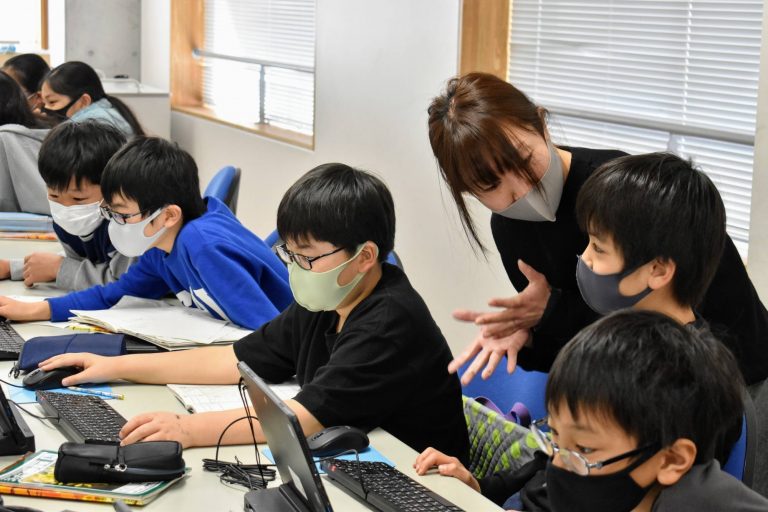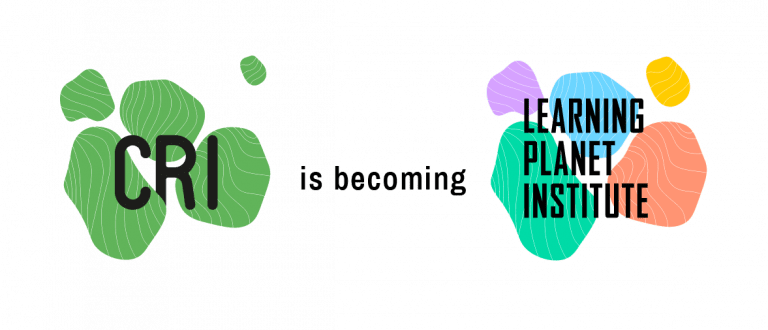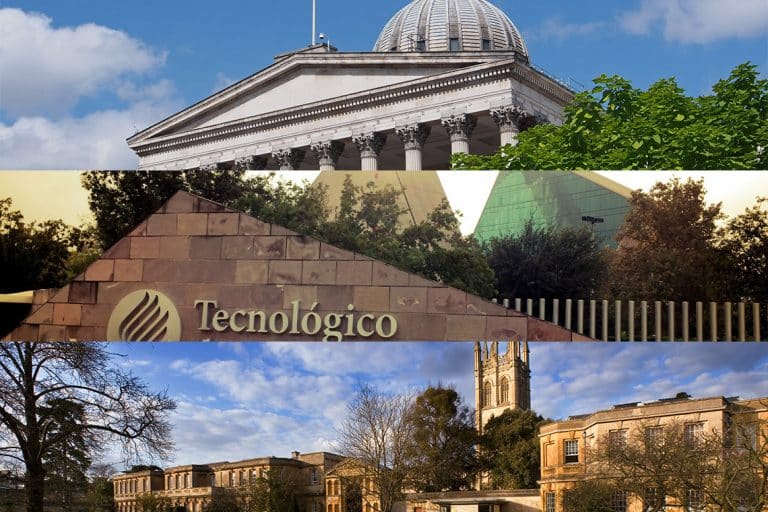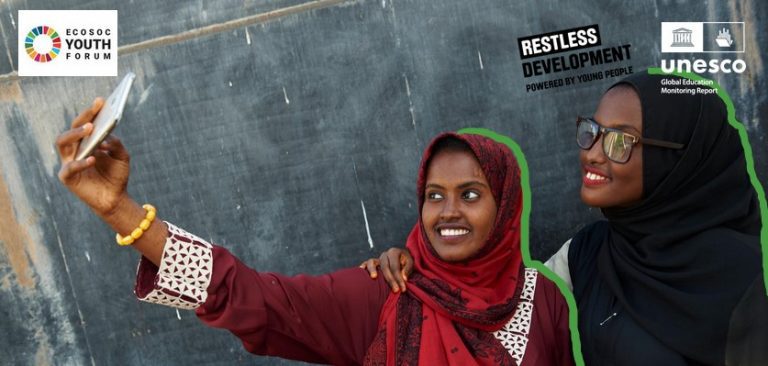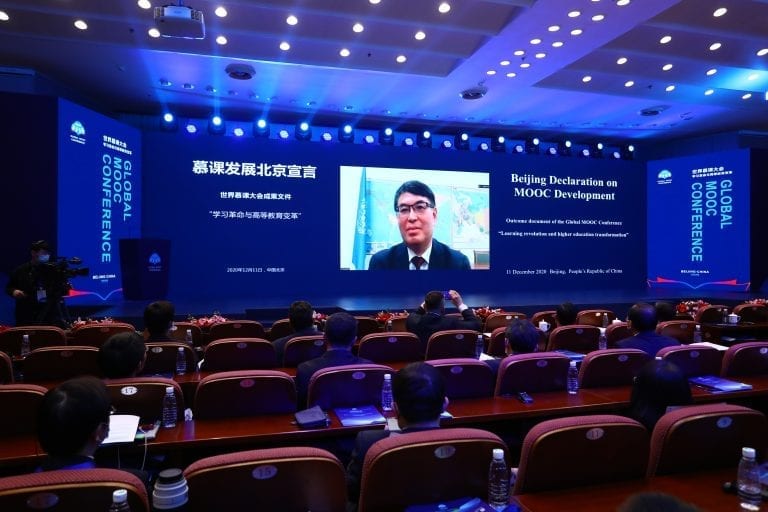On March 12th, 2024, the AI Global Massive Open Online Challenge (AI GMOOC) reached its successful conclusion. The challenge was organized by the Global MOOC and Online Education Alliance (GMA), and jointly hosted by Tsinghua University and XuetangX. The AI GMOOC adopted an online-offline hybrid format. Over 400 young learners from 27 countries, spanning China, Canada, Mexico, Chile, Italy, Mongolia, Thailand, Colombia, Singapore, and others, actively participated in constructing an AI co-creation platform online. While actively engaging in discussions on AI tools, reflections, and practical cases online, participants also attended two successful offline workshops in Beijing and Shenzhen, China.
During the online opening ceremony, Peng Gang, the Chair of the Alliance’s Executive Committee, delivered the opening remarks, extending a warm welcome to global learners. He pointed out that the Challenge aims to unlock the full potential of technology, especially generative artificial intelligence, in learning. This objective corresponds to the UNESCO’s advocacy for a safe, fair and meaningful use of AI in education and research. Xu Luping, Vice President of Xingjian College at Tsinghua University, introduced the challenge in detail, emphasizing the necessity to ponder “what” and “how” questions of learning in the face of emerging technologies. The Challenge provided a collaborative platform for global learners to explore innovative approaches to AI-enabled teaching and learning, fostering equity and quality in education. The opening ceremony was moderated by Enoch Wong, Senior Advisor of GMA.
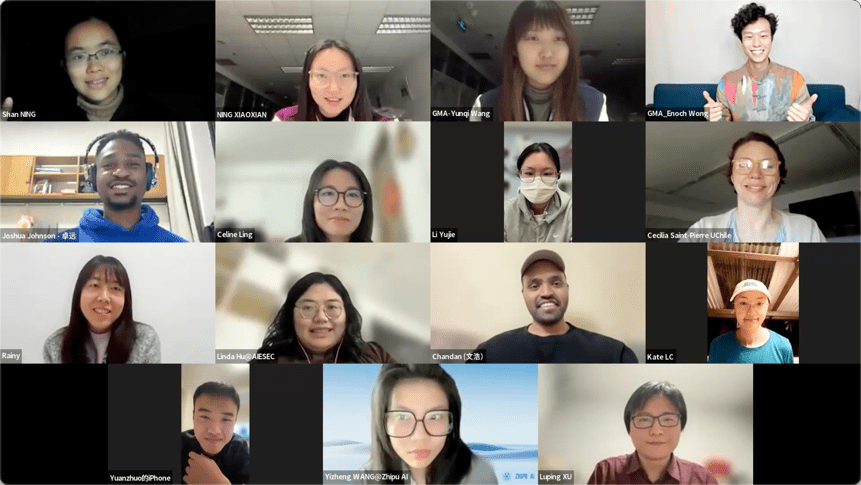
In the two offline workshops, students were encouraged to act as “time travellers” to the past, “prophets” of the present, and “pioneers” for the future. They were inspired to think retrospectively about possible manifestations of generative AI in their childhood learning processes, reflect on the positives and limitations of current generative AI tools, and hence creatively envision a future with AI-empowered education.
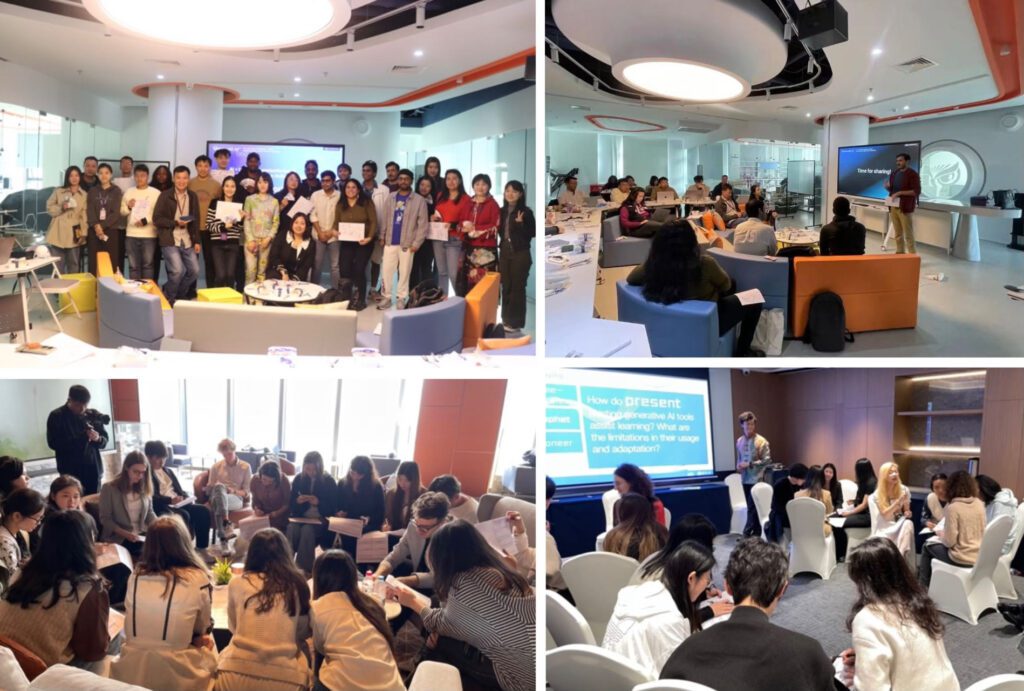
The Challenge comprised six tracks, each led by mentors from leading organizations in exploring the practical use of AI:
Track 0 – AISEC – AI Enhances Career Development, Youth Leadership and Sustainability
Track 1 – Zhipu AI – AI Assists Discipline Learning and Academic Research
Track 2 – Rokid – AI Facilitates Human-Machine Collaboration and Immersive Interactive Learning
Track 3 – XuetangX – AI Optimizes Learning Effect and Evaluation Feedback
Track 4 – AWS – AI Enables Diverse and Innovative Learning and Inclusive Education
Track 5 – ModelBest – AI Supports Fun in Learning
Over the span of a 10-day hackathon, young learners contributed 24 projects incorporating various learning scenarios, including life, art, sports, speech, and lifelong education, among which 16 projects won awards:
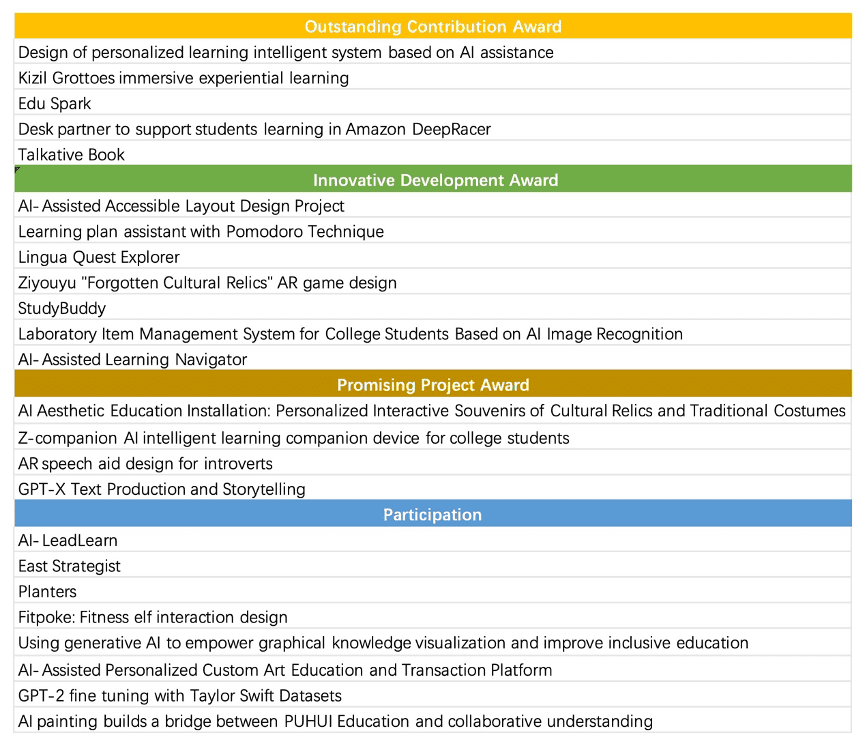
Since 2021, the GMA has hosted GMOOC in various domains, including educational equity, inclusive education, and positive psychology. Past challenges have received over 900 applications from more than 20 countries worldwide. Through online asynchronous MOOC learning and synchronous co-creation, GMOOC gathered 52 innovative works in total. This round of AI GMOOC, with its innovative collaborating and learning format, witnessed a steady increase in scale and internationalization, contributing to GMA’s commitment to joint teaching, capacity building, knowledge sharing, and public advocacy.

